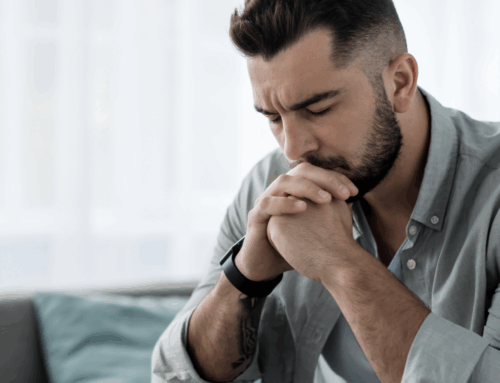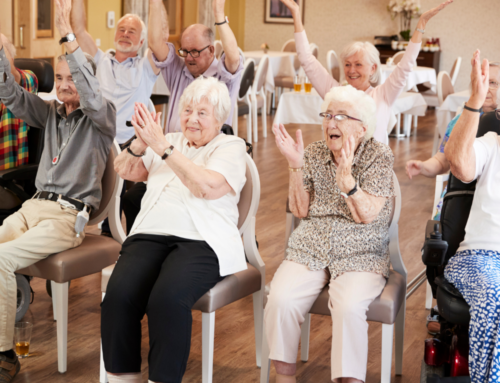Share This Story!
Not A Normal Part Of Aging
Depression in older adults is common, but that doesn’t mean depression is a normal part of aging. Death of loved ones, transitioning into retirement, or struggling with illness can all make older adults more susceptible to depression. However, depression is not just feeling sad or down. The condition is a clinical diagnosis that affects how people think, feel, and function in everyday life. To care for an elderly loved one, knowing these 3 symptoms is crucial.
1. Sleep problems
Older adults often have declining energy. But consistent tiredness or lack of sleep at night could point to depression. Sadness is typically not the primary symptom of depression in older adults. Instead, an elderly loved one may not be able to sleep at night.
2. Confusion or attention problems
This symptom can be hard to detect because many older adults struggle with memory problems. Some people may misinterpret confusion or inattention for Alzheimer’s disease or another problem with the brain. However, a lack of focus when other cognitive functions are in-tact could point to depression.
3. Extreme irritability
Everyone gets grumpy from time to time. For elderly people, depression may not always show up as withdrawing from others, but instead may look like lashing out. If an older loved one is suddenly much more irritable than usual, there could be an underlying issue at play.
Risk factors for depression
Sometimes people can take medications that cause mood changes or side effects that play a role in depression. Other risk factors for depression include being female, being single, or having a lack of a supportive community. Additionally, stressful life events or major medical conditions can contribute to depression risk. Some of these might include stroke, atrial fibrillation, cancer, dementia, hypertension, or chronic pain.
Treatment options
Treatment for depression in older adults might involve medication, psychotherapy, or forms of brain stimulation, such as repetitive transcranial magnetic stimulation (rTMS). Medicines like antidepressants may take longer to work in older adults than in younger patients. Because of this, treatment for depression in the elderly often lasts longer than for younger adults. Psychotherapy can be especially helpful, either as a stand-alone treatment or with medication, for adults who have endured stressful life events.
How to help your loved one
The good news is that the majority of older adults are not depressed. Those who need extra medical care are at a higher risk, but treatment can help. If depression in an elderly loved one is suspected, offer to go to a doctor together to find treatment options. A healthcare provider can provide a diagnosis and help older adults improve the quality of life.





